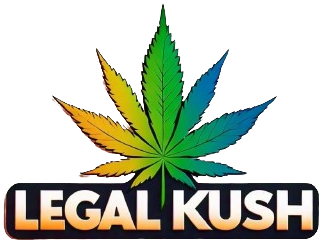Two months after recreational cannabis was legalized, Canada’s new pot regime is still working out kinks in the supply chain and the enforcement of new rules.
Before the cannabis legislation came into force, the federal government listed its key objectives for the historic shift. Those goals include keeping cannabis “out of the hands of children and youth,” curbing illegal marijuana sales, and ensuring a safe supply of quality pot across the country.
More than 60 days after the first legal cannabis sales were made on Oct. 17, are those objectives being met? CTVNews.ca takes a look at how reality measures up against some of the government’s main promises.
The Cannabis Act states that only adults aged 18 or older can legally purchase, possess and grow small amounts of weed. Provinces and territories were allowed to impose their own age restrictions, and the majority have set 19 as the legal age.
Quebec’s new Coalition Avenir Quebec government made good on its election campaign promise and tabled legislation that would raise the province’s legal cannabis consumption age to 21 – the highest in Canada.
Of course, those age restrictions don’t guarantee that younger teens and kids won’t be getting their hands on pot. It remains to be seen whether legalization will actually reduce cannabis consumption among minors.
Reduce number of Canadians with criminal records
One of the main pillars of the Cannabis Act is reducing the burden on the Canadian justice system by eliminating criminal charges for simple pot possession. But what about those who were charged or convicted of the crime before Oct. 17, 2018?
In October, the federal government announced its intention to issue pardons to Canadians who have criminal records for possession of 30 grams of cannabis or less.
The legislation “to make things fairer” was expected to be tabled before the end of 2018, but that did not happen before MPs wrapped things up in Ottawa for the holiday break. When it eventually becomes law, those eligible for pardons will be able to apply as soon as the law is in effect, with no waiting period or application fees.
The Liberal government, however, has been criticized for not opting to expunge the criminal records of Canadians convicted of simple possession. An expungement would remove any record of a criminal conviction, while a pardon seals the record but does not erase it.

